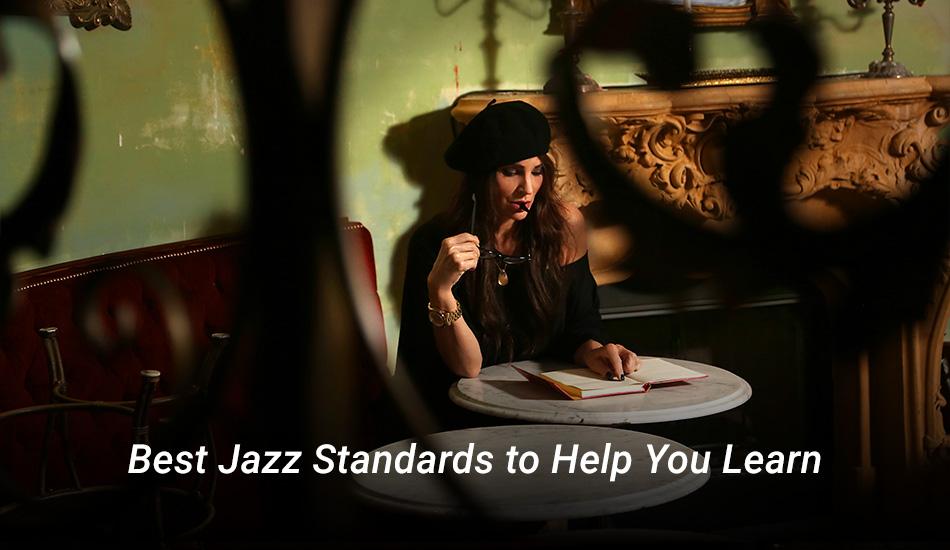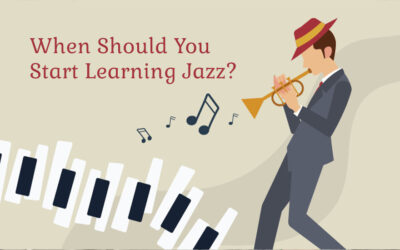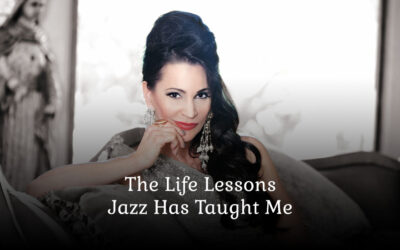Overview
Jazz standards must be learned by every musician who aspires to become an expert in jazz improvisation. Whether you like to play original music or not is irrelevant. Jazz musicians frequently communicate using jazz standards as their typical repertoire. Many modern jazz singers have studied jazz standards to succeed.
What Are Jazz Standards?
In a nutshell, they’re the songs that jazz musicians play over and over again. They’re the classics. And while you can’t learn jazz overnight, you can certainly start by learning the standards. This is a great way to cut the first turf, so to speak. Once you’ve got the basics down, you can start branching out and exploring other songs and styles. But for now, let’s focus on the standards.
Best Standards Every Beginner Should Know
When you’re learning jazz, it’s essential to start with the basics. And by basics, we mean the classic standards that have been popular for decades. These tunes are the foundation of jazz and are essential for any musician looking to learn this great style of music.
- All Of Me
This piece by Gerald Marks and Seymour Simon is a classic and essential to know. This jazz standard is nearly impossible to avoid learning. Although it has a strong foundation in the diatonic series, there are many different approaches to evaluate this song. - Autumn Leaves
Autumn Leaves, a jazz standard by Joseph Kosma, is one of the most well-known jazz pieces ever. For many solid reasons, it’s frequently among the first jazz standards that aspiring jazz players learn to perform.The jazz standard Autumn Leaves is excellent to start with since it introduces some fundamental chord progressions and harmonic ideas. You are well on your way to understanding hundreds of other jazz standards if you can comprehend the harmony of Autumn Leaves. - Bye Bye Blackbird
Ray Henderson wrote “Bye Bye Blackbird” during one of the most challenging periods in human history. This song is very popular amongst jazz musicians. Still, it has also made appearances in a significant number of films and television programs and has been covered by a great number of other artists. - Alone Together
The song “Alone Together,” composed by Arthur Schwartz with words by Howard Dietz, is iconic. It was created for the Broadway production of “Flying Colors” in 1932. Artie Shaw made the first jazz recording of this song in 1939.Due to the tune’s adaptability, improvisation can also be done to it with ease. Although it’s not the most remarkable example of jazz theory, it more than makes up for it in terms of improv skills. - How High The Moon
This song, which was used in the brief Broadway production of the 1940s Two For The Show, was the sole composition by Morgan Lewis to enter the jazz canon. Jazz lovers would recognize it as one of Ella Fitzgerald’s signature songs. It was popularised by recording genius Les Paul and his wife, Mary Ford.The main difference between the two halves of this ABAC form song (also known as “Two Sixteens”) is a major cadence that appears in the last eight bars but does so sooner in a minor form.
Conclusion
Learning jazz standards is a great way to improve your jazz playing, all of the best female jazz vocalists today have studied it. Not only will you learn some classic tunes, but you’ll also get to work on your improvisation skills.
The internet has made it simpler than ever to find a jazz standards pdf. There are plenty of excellent jazz standards to choose from, so you’re sure to find something that you’ll enjoy playing through sites like Jazz Guitar Lessons.




